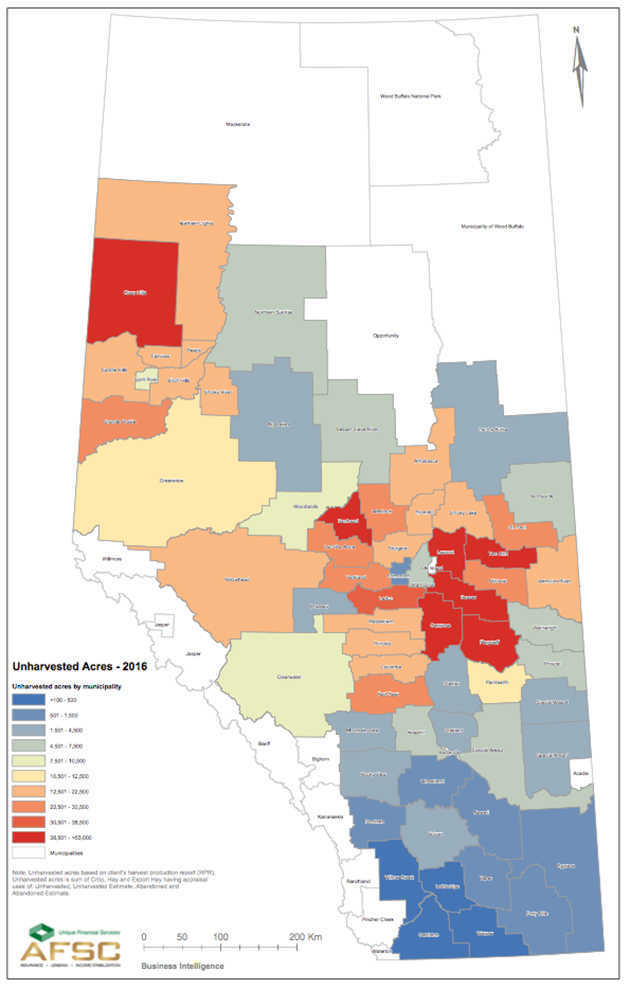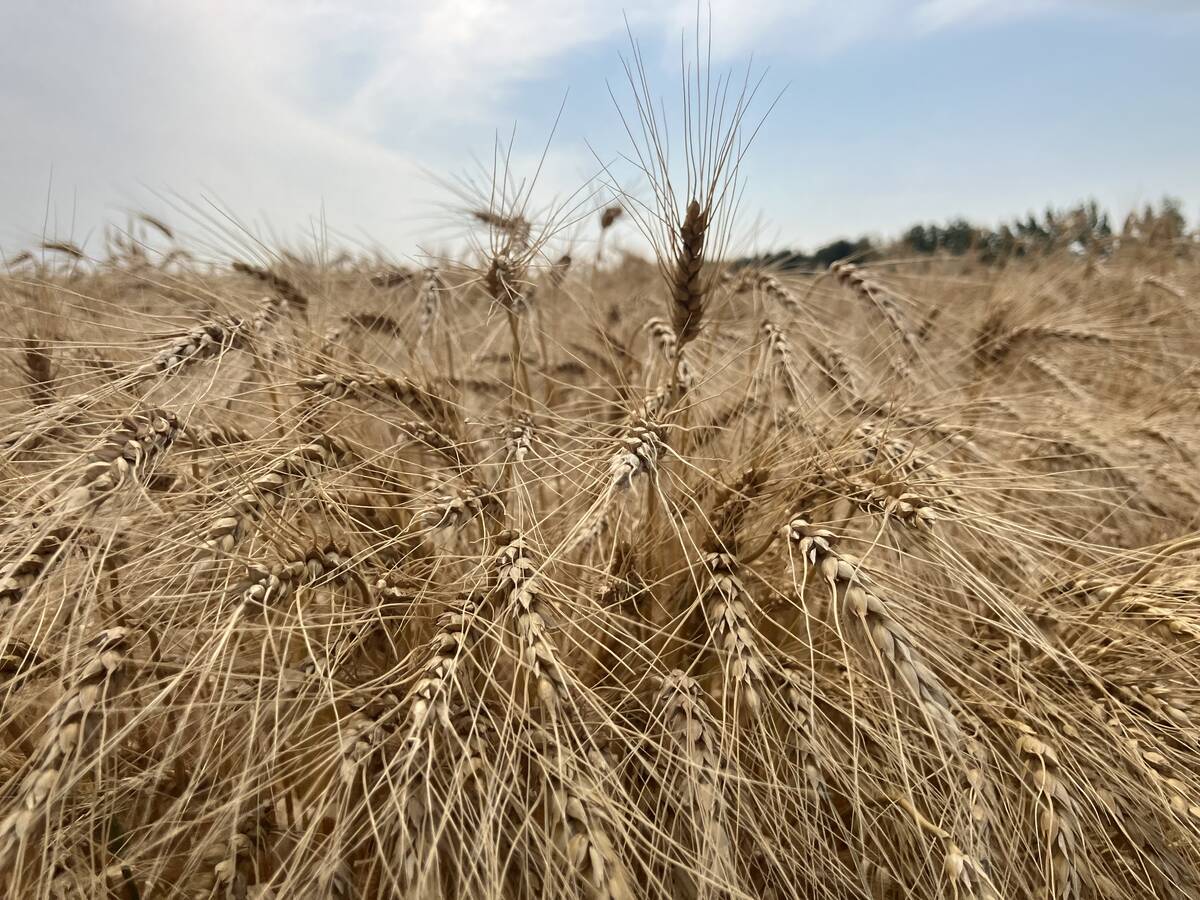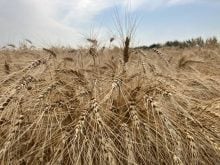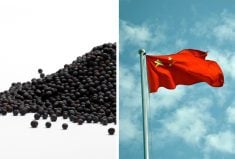WINNIPEG (Reuters) — A snowy spring on the Prairies is raising jitters from the farm to the futures market about double delays in harvesting and seeding.
Many fields went unharvested last fall due to wet weather and farmers hoped to salvage those crops before planting the next this spring.
Alberta alone has as much as 1.5 million acres left to harvest, much of it canola and wheat, said government crop specialist Harry Brook.
ICE Canada canola futures have gained about 10 percent in the past three weeks.
Barrhead, Alta., farmer Ken Degner can see the reason for rising prices through his window, where 1,350 acres of canola, wheat and barley are still in his snowy fields.
“I don’t know what I can do,” Degner said. “Who expected it to still be snowing end of April?”
Degner’s unharvested crops represent 90 percent of last year’s seeded fields and are not insured for this type of risk. The situation is the first to occur on this scale in his 30 years of farming.
Story continues after the map.

Farmers intend to plant the biggest-ever area in canola, Statistics Canada said April 21.
It is not unusual for central Alberta to have crop left over to harvest in spring, but the high amount this year stands out, Brook said.
“Potentially, it could be a big deal,” he said.
Most prairie seeding occurs in May, but this year it could extend into June, Brook said. Seeding later raises the risk that cold nights in late summer may damage immature crops.
Central Alberta’s soil is soaked, having collected more than twice as much precipitation as normal in the 30-day period ending April 20, according to Agriculture Canada.
Drier weather ahead should enable most farmers to seed on time, but it may not be enough for central and western Alberta, which needs about six straight arid weeks to dry soggy soils, harvest last year’s crop and plant the new one, said Drew Lerner, senior agricultural meteorologist at World Weather.
Read Also

Australia’s wheat production outlook improves as harvest begins
Analysts have raised their estimates for Australia’s wheat harvest, a Reuters poll showed, as better-than-expected yields in western cropping regions boosted the production outlook despite losses caused by dry conditions in parts of the south.
“It is very disconcerting,” he said. “There’s a lot of folks that are going to get hurt.”














